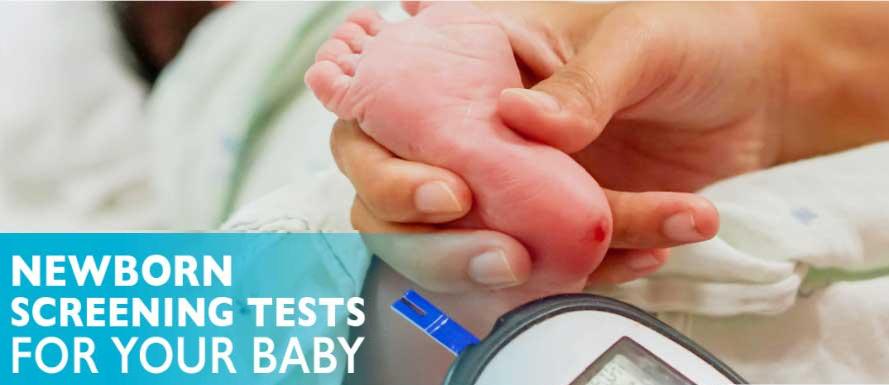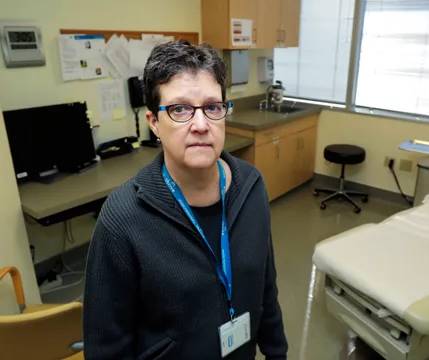CMS seeks comments from public on rule for hospital telemedicine privileging
The Centers for Medicare and Medicaid Services (CMS) in America has issued a proposed rule to revise the conditions of participation for hospitals to allow for a new privileging process for telemedicine services. CMS is asking for public comment on the proposed rule, through July 26.
The proposed rule is slated to take effect July 15, 2010. If approved, the Joint Commission will be required to enforce CMS requirements concerning the privileging of physicians and practitioners in accredited hospitals providing and receiving telemedicine services. One Joint Commission policy currently in conflict with Medicare hospital conditions of participation is the practice of permitting “privileging by proxy.” Privileging by proxy occurs when one Joint Commission-accredited facility accepts the privileging decisions of another accredited facility for “distant-site” physicians and practitioners — those who provide telemedicine services.
Story Continues Below Advertisement
Largest Buyer & Seller of Pre Owned Diagnostic Imaging Equipment in the USABay Shore offers free up-to-date market valuations & quotations for diagnostic imaging equipment on sales, purchases, or replacements. Call our MRI specialist John Kollegger today toll free 800.471.1189 ext 120
Consequently, CMS states in its explanation of the proposed rule, Joint Commission-accredited hospitals are concerned about being able to meet the upcoming CMS privileging requirements, particularly small hospitals and critical access hospitals. CMS is now recognizing the problems for these facilities in the task of privileging perhaps hundreds of practitioners and physicians, and feels its current requirements are duplicative and burdensome in costs and time.
Therefore, CMS is proposing changes to policy to reduce the burden of traditional credentialing and privileging processes for Medicare-participating hospitals, so that patients may continue to receive the benefits that telemedicine provides. The primary proposed requirement would allow the governing body of a hospital where patients receive telemedicine services to grant privileges based on medical staff recommendations that rely on information provided by the distant-site hospital. This effect allows privileging by proxy. However, the hospital would not be prevented from using its own appraisals or traditional means of privileging.
Within that proposal CMS is adding requirements for accountability. Here are the basics: A hospital choosing the less-burdensome option for privileging must ensure that the distant-site hospital is actually a Medicare-participating hospital; that the individual distant-site physician or practitioner is privileged at the distant-site hospital providing the telemedicine services and that the distant-site hospital provides a current list of the particular physician or practitioner’s privileges; that the individual distant-site physician or practitioner holds a license issued or recognized by the state in which the receiving hospital is located; and that the receiving hospital send the distant-site hospital internal review of the distant-site physician’s or practitioner’s performance of these privileges. Such a review would include all adverse events that may result from the distant-site physician or practitioner’s telemedicine services, and all complaints the hospital has received concerning the distant-site physician or practitioner.
Anyone wishing to submit comments can do so electronically through the website https://www.regulations.gov, searching for CMS-3227-P. Written comments may also be submitted by mail (one original and two copies) to Centers for Medicare & Medicaid Services, Department of Health and Human Services, Attention: CMS-3227-P, P.O. Box 8010, Baltimore, MD 21244-1850.









Post Comment
You must be logged in to post a comment.